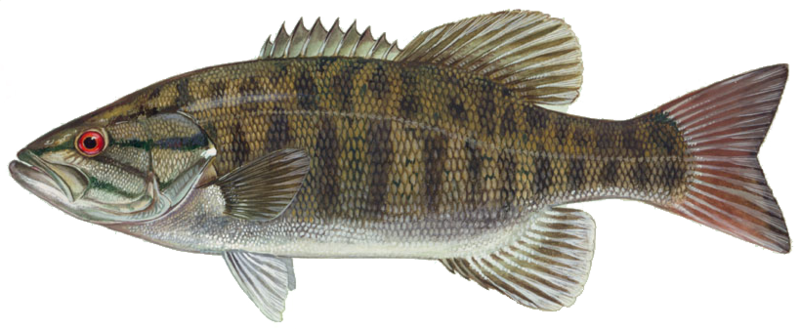Fishing is a peaceful escape from busy work life and provides the chance to catch a variety of fish species. Whether you’re a seasoned professional or a rookie, it is beneficial to learn the very basics of fishing.
Choosing the Right Bait
Different fish are attracted to different types of bait. Here’s a quick guide: q
- Bass: Plastic worms, jigs, and crankbaits work well.
- Trout: Try using worms, minnows, or artificial flies.
- Catfish: Stink baits, chicken liver, or nightcrawlers are effective.
- Panfish (Bluegill, Sunfish): Small worms, crickets, or grubs are ideal.
Each type of bait mimics the natural food source of the fish, increasing your chances of a bite.
Tips for Lake Fishing
- Location Matters: Fish are often found near structures like submerged logs, vegetation, or drop-offs where they find food and shelter.
- Time of Day: Early morning and late evening are usually the best times to fish, as fish are more active during these periods.
- Check Regulations: Always be aware of the fishing regulations in the lake you’re visiting, such as bag limits and season restrictions.
Lake fishing is not just about catching fish; it’s about enjoying the tranquility of nature. So grab your gear, head out to your favorite lake, and enjoy a relaxing day of fishing. Near Vegetation: Weeds, lily pads, and other underwater plants provide cover and attract smaller fish, which in turn attract larger predators like bass and pike.
- Drop-Offs and Ledges: Where shallow water drops off into deeper areas is a prime location to target fish that are moving between feeding and resting zones.
- Submerged Structures: Fish are often drawn to submerged logs, rocks, and man-made structures such as docks and piers. These offer protection from predators and a place to ambush prey.
Essential Lake Fishing Gear
If you’re new to lake fishing, here’s a basic list of gear you’ll want to bring along:
- Rod and Reel: A medium-action spinning rod is versatile enough to handle most lake species.
- Tackle Box: Stock it with hooks, sinkers, bobbers, lures, and extra fishing line.
- Bait: Live bait like worms and minnows are reliable, but having artificial lures like spinners and soft plastics is also beneficial.
- Fishing License: Always check the local fishing regulations and ensure you have a valid fishing license for the lake you’re visiting.
Lake Fishing Safety Tips
While fishing is generally a safe activity, it’s important to keep a few safety tips in mind:
- Wear a life jacket if you’re fishing from a boat.
- Stay hydrated and wear sun protection when fishing for long periods.
- Be cautious of sharp hooks and knives, and handle fish carefully to avoid injury.
Fishing in lakes can be a rewarding experience that offers the perfect blend of challenge and relaxation. Whether you’re targeting bass, trout, or catfish, understanding the habits of fish, the right bait, and the best times to fish can make all the difference in having a successful day out on the water.
